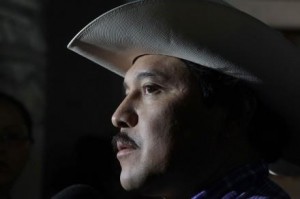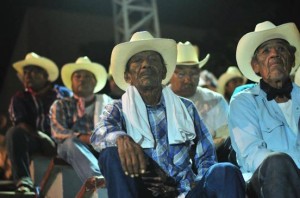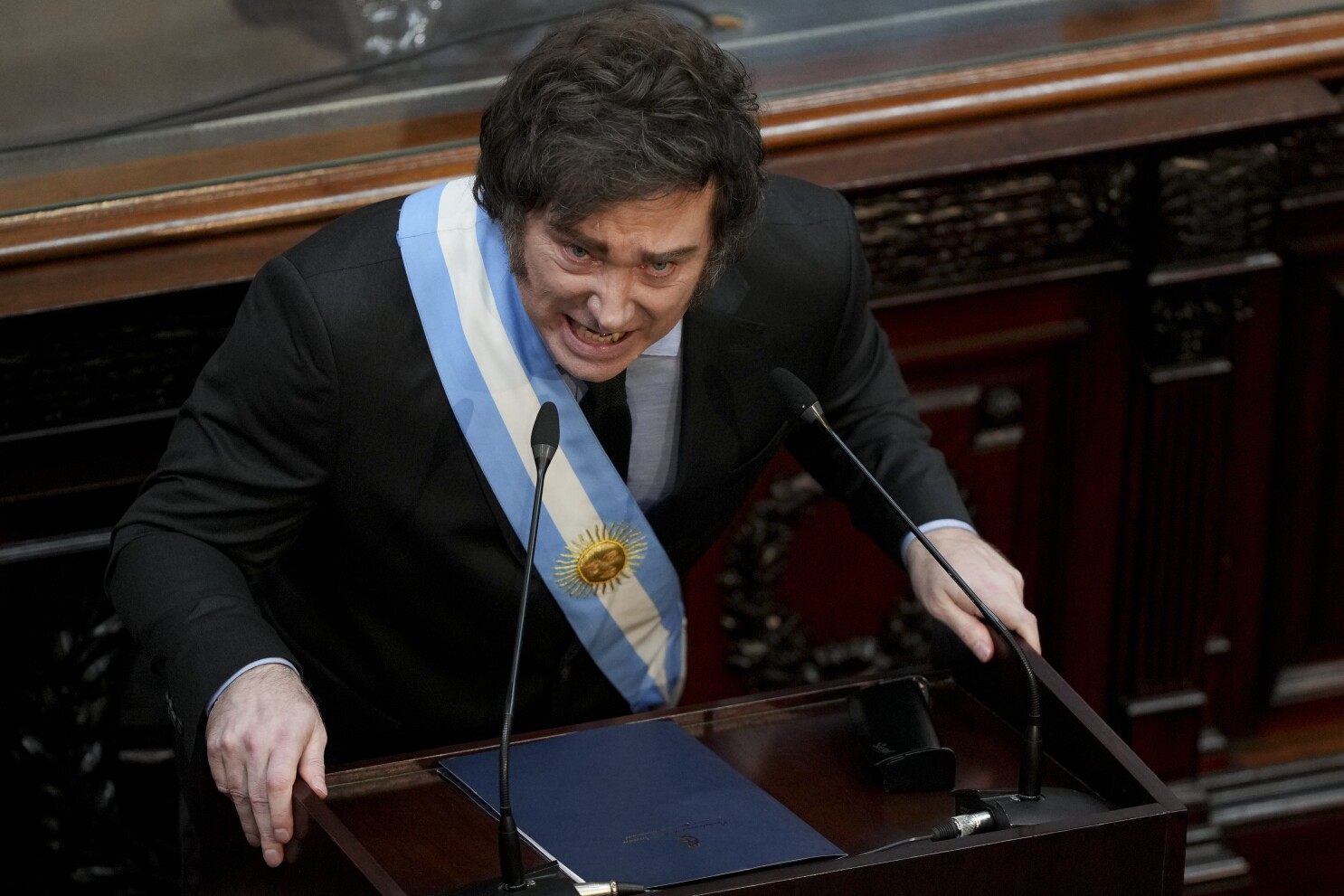 Hermosillo, Sonora, Mexico — The Sept. 11 jailing of Yoeme (Yaqui) Traditional Tribal Secretary Mario Luna Romero was a wake-up call for environmental and human rights defenders globally.
Hermosillo, Sonora, Mexico — The Sept. 11 jailing of Yoeme (Yaqui) Traditional Tribal Secretary Mario Luna Romero was a wake-up call for environmental and human rights defenders globally.
Symptomatic of escalating repression against indigenous community members who refuse to conform with free trade’s increasing demand for resources, Luna’s arrest on allegedly false charges sparked widespread grassroots response and highlighted the imperative of forging a united front against further abuses of environmental activists.
The most visible leader of the Yoeme resistance to Sonora Gov. Guillermo Padrés Elías illegal aqueduct construction project to divert Yaqui River water from its rightfully entitled users in the tribe’s eight villages, Luna immediately declared himself a political prisoner.
Luna was detained in the Yoeme village of Vicam and incarcerated in a Hermosillo federal penitentiary after returning to Sonora from a visit across the border state to Arizona.
He was brought to hearing Sept. 17, exactly one month after members and supporters of the Yoeme water rights struggle caravanned to the community of San Salvador Atenco outside Mexico City to participate in the National Gathering in Defense of the Land, Water and Life.
About 100 organizations represented there declared: “In the last 30 years, institutional powers and the powers behind them have carried out a systematic dismantling of the State and of the legal framework in Mexico. A series of reforms to the Constitution and laws of a structural character have been imposed, as well as the ratification and the strengthening of free trade agreements, which have destroyed the norms that permit the peoples to defend the social fabric and community life.”
The National Indigenous Congress and the Zapatista National Liberation Army reiterated their July declaration that “the Yaqui River has served as the historical carrier and ancestral continuation of the Yaqui Tribe’s culture and territory,” adding the demand for Luna’s immediate release and “the cancellation of all arrest warrants and fabrication of crimes against members of the Yaqui Tribe.”
The Alliance for Global Justice echoed the plea. In addition, the Tucson, Arizona-based non-profit demanded:
“We call on the state of Sonora to stop robbing the Yaqui people of their water. We call for the repeal of NAFTA and the defeat of the Trans Pacific Partnership (TPP), which includes the NAFTA signatories, because these neoliberal trade agreements put transnational corporate profits above ecosystems and indigenous rights.”
In Sonora, the ruling cadre, anxious to please foreign investors in the automobile and beverage industries, has seen fit to appropriate the Yaqui River water necessary for agricultural stability in the rural and indigenous areas. They have repeatedly ignored federal orders to desist from building and operating the Independence Aqueduct.
The state government’s blatant disregard for the legal system it is charged with upholding resonates with a pattern long established in Sonora and bodes ill for the future.
“We believe it is no coincidence that Luna was arrested while preparing to take the case of the Yaqui people to the Inter-American Commission for Human Rights,” the Alliance for Global Justice declared.
The community organization Yaqui Tribe Solidarity, formed to force suspension of the aqueduct project, called for individuals and organizations of every stripe to demand charges be dropped and Luna freed.
It claimed the charges of abduction and auto theft against Luna “were fabricated by the State of Sonora to silence the voice of rebellion.” Supporters mounted a peaceful highway protest blockade in Vicam, only to be met with police in full riot gear.
The charges against Luna stemmed from an incident in June in which the tribe put Francisco Antonio Delgado Romo in jail and impounded his vehicle for recklessly driving into a group assembled to protest the water issue. The traditional authorities at the time of the incident took full responsibility for the arrest, presenting documentation of the formal decision and of their tribal right to exercise community justice.
Front Line Defender reported best online casino that the action was in accordance with the practices and customs of the tribe and with Article 2 of the Mexican Constitution, which recognizes indigenous autonomy, allowing the use of indigenous legal systems to resolve intra-community disputes.
Luna recently told the Americas Program that the Yoeme would cease to exist without the river and that the state government is trying to make the tribe disappear.
A 1937 treaty signed by Mexican President Lazaro Cárdenas and Yoeme authorities guarantees them 50 percent of the river’s water. That right was upheld recently in a Dec. 3, 2013 federal Supreme Court ruling.
However, said Yaqui Tribe Solidarity, “It’s not about just one river, water or land, rather life itself and the right to exist, and not be eliminated by petty interests that hold money above all else.”
 The 1992 Rio Declaration of the United Nations Conference on the Human Environment, of which Mexico is a signer, in its Principle 10 promotes public access to government environmental information, citizen participation in environmental decision-making, and legal remedies for environmental rights abuse.
The 1992 Rio Declaration of the United Nations Conference on the Human Environment, of which Mexico is a signer, in its Principle 10 promotes public access to government environmental information, citizen participation in environmental decision-making, and legal remedies for environmental rights abuse.
On the very same day Luna went to jail, the Economic Commission for Latin America and the Caribbean wrapped up two days of training and workshops in San José, Costa Rica to implement and create action plans for Principle 10.
At the workshop inauguration, Costa Rica”s Vice Minister of Environment Patricia Madrigal said that the application of Principle 10 in the region will bring countries closer to a culture of tolerance and will keep the most vulnerable from bearing the brunt of environmental impacts. It will staunch the surge of socio-environmental conflicts that have created great strain in some countries, she said.
Antonio Chang from Panama”s Environmental Advocacy Center said the process aims to bolster equality, inclusiveness, transparency, proactivity, and collaboration.
This review process should utilized to put teeth in Principle 10. Otherwise cases like Luna’s will multiply. His struggle and that of his people should serve as an inspiration to ramp up the effort to strengthen the language of a proposed regional declaration on access to information, participation and justice in environmental matters under Principle 10, when parties next meet in Santiago de Chile in November.



